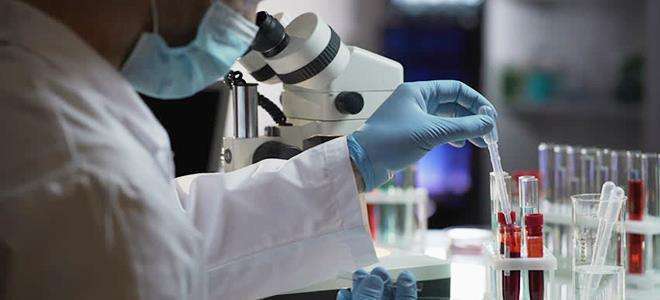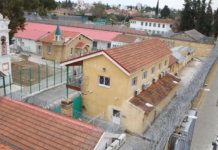[adsanity id=”682652″ align=”aligncenter”/]
The U.S. and Europe are now the epicentre of the pandemic of COVID-19. With no vaccine and no effective treatment, the virus has swept through the globe leaving more than a million people sick and tens of thousands dead.
Yet, some countries (China, South Korea, Hong Kong, Taiwan, Singapore), have managed to beat back the virus and are now reporting almost no new domestic cases.
What have these countries done right and can the rest of the world follow their example?
All of these countries imposed early on social distancing and travel restrictions in an effort to severe the chains of transmissions and curb the spread of the pandemic. And they tested aggressively. They tested and tracked and isolated trying to use early detection as a weapon against the virus. In South Korea alone a quarter of a million people had been tested until mid-March.
By contrast, the U.K. is currently testing less than 10,000 people a day despite the government’s pledge to increase capacity to 100,000 tests a day by the end of April. And despite reporting their first cases nearly at the same time in January, while South Korea was testing 4,000 people per million of its population at the time, the United States had just run five tests per million.
According to Dr. Tedros Adhanom Ghebreyesus, WHO Director General: “You cannot fight a fire blindfolded…We cannot stop this pandemic if we don’t know who is infected”.
[adsanity id=”682607″ align=”aligncenter”/]
Testing is important because it can both help diagnose patients and detect those who had the virus and recovered and therefore tell us how wide the pandemic has spread.
Many specialists insist that the numbers released by governments worldwide relating to cases and death toll attributed to the virus are meaningless because currently, most countries only test those with symptoms, patients in hospitals and people who had contact with confirmed cases when it has become clear that a large number of people who contract the virus are asymptomatic.
Besides the targeted testing currently being carried out by centralised laboratories, several countries including the U.K. and the U.S. have turned to pharmaceutical companies in a bid to have easy, quick antibody tests manufactured and made available to the public.
An antibody test works much like a pregnancy test detecting the antibodies of the virus in a drop of fluid, usually blood, and can give results in as little as 10 minutes. If antibodies are present it means that you have already had the virus and recovered and that you have built some form of immunity to it although the immunity period is not yet clear.
Find out quickly and efficiently if you have been infected with Coronavirus
[adsanity id=”682836″ align=”aligncenter”/]














